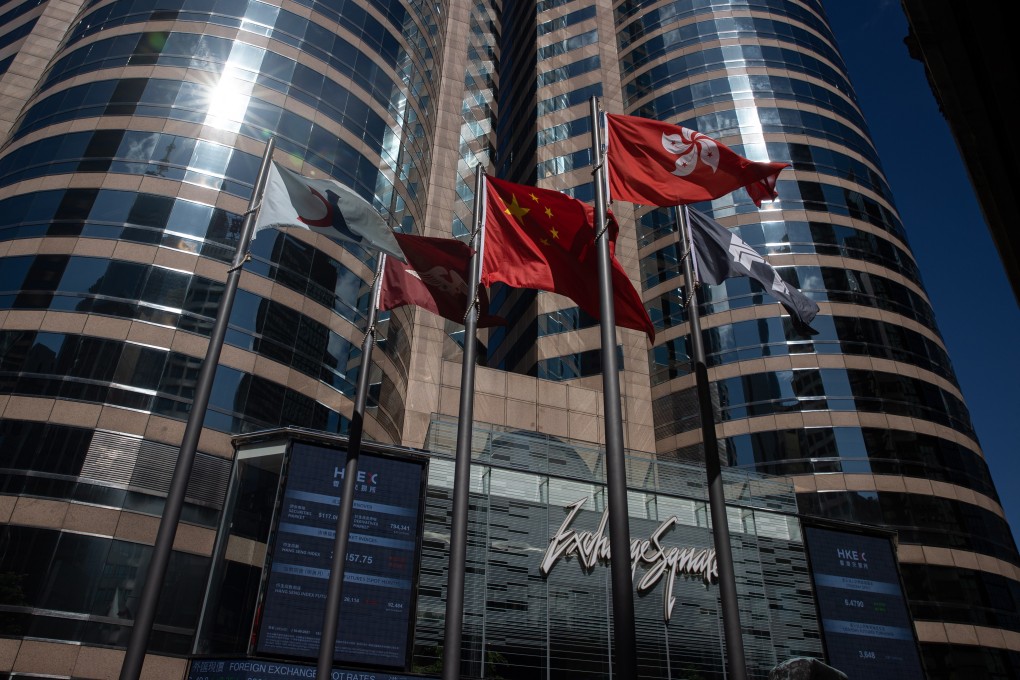Advertisement
The View | With the Hang Seng taking its cue from Shanghai instead of New York, investors must watch Chinese policies closely
- The recent hit on Hong Kong stocks from Beijing’s wide-ranging regulatory crackdown is a reminder of how closely tied the city’s benchmark index is to the fate of heavyweight mainland stocks
Reading Time:4 minutes
Why you can trust SCMP
2

The recently retired chief executive of the Hong Kong stock exchange, Charles Li Xiaojia, must feel that his timing was perfect. No one could have foreseen that the Four Horsemen of the Apocalypse would have descended quite so quickly on the stock market, especially after all the hard work on the stock, bond, fund and wealth connects to make trading much easier between Hong Kong and mainland exchanges.
This has been a good year for many investors, unless like me you have a Hong Kong-based pension strategy. Our stock market hit bear territory last week, down more than 20 per cent from its peak on February 17.
The Hang Seng Index has not shared the love, despite the S&P 500 being up 21 per cent this year, Europe’s STOXX 50 index up 18 per cent, and Shanghai and Tokyo above water in local currency terms.
Advertisement
Hong Kong is down only 7 per cent in the year to date, thanks to a big rally in the first six weeks, but that nevertheless marks the worst major market performance in the world. The despondent mood lightened a little earlier this week with a “dead cat bounce” of around 3 per cent.
There are plenty of narratives to explain the cause of our underperformance. Public outrage over Nicole Kidman’s quarantine exemption, locked-down borders, government flip-flops, but the big finger points towards Beijing’s regulatory crackdown across several critical industries that now form the largest share of our stock index.
Advertisement
Advertisement
Select Voice
Choose your listening speed
Get through articles 2x faster
1.25x
250 WPM
Slow
Average
Fast
1.25x
